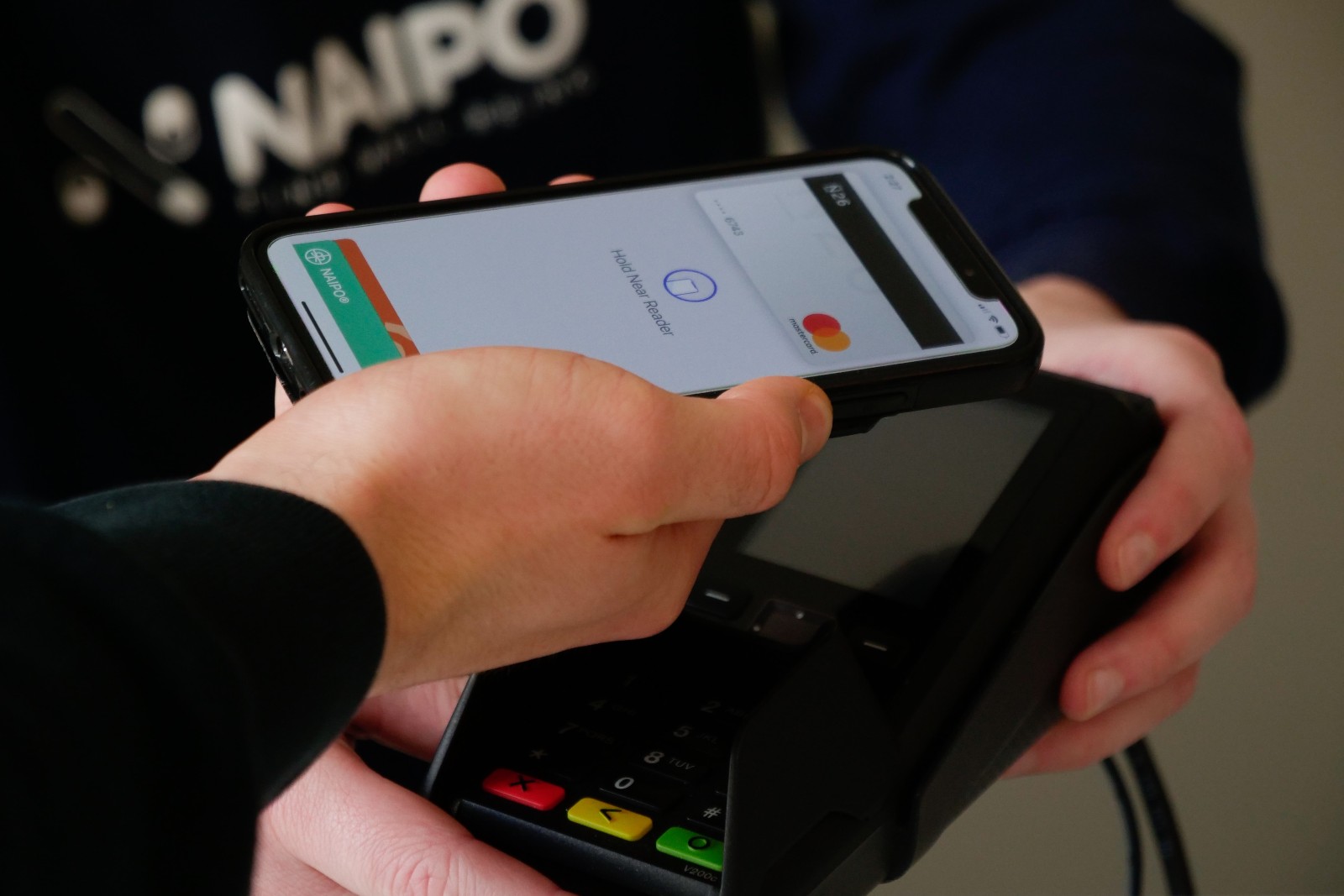Egypt is really getting on the digital payments wagon

Digital payments are more popular than ever in Egypt: Over the past year, some 88% of consumers in Egypt have used at least one digital payment method, according to a MasterCard survey (pdf). Among the 1k people polled, some 35% said they’ve used tappable smartphone wallets, 27% indicated they’ve used a digital money transfer service and 24% have used a QR code of some form.
Digital payments are on the rise: Almost two-thirds of respondents indicated that they’ve increased their use ”of at least one digital payment method in the last year,” the report says, noting also that the portion of Egyptians testing out a new service in the past year sits above the current global average of 61%. This includes the use of digital cards, SMS payments, money transfer applications and instant payment services. Even more significant is the fact that 15% of those surveyed in the report said that they used banknotes even less in the past year than they did previously.
But let’s not get ahead of ourselves: Cash is still king in Egypt. Though e-payments and fintech have grown in the Egyptian market in recent years, cash still accounts for the bulk of transactions. In 2020, when the covid-19 pandemic fuelled wider adoption of digital payments, three-quarters of the country’s payments were still performed using cash.
Security is still the biggest concern when it comes to digital payments: Some 39% of those polled in Egypt indicate that security is their primary concern when it comes to determining which new digital payment method to use. Other considerations, such as reward programs, promotions and accessibility, are also among the top priorities for Egyptian consumers. Some 31% of respondents said social and environmental benefits are taken into account when selecting a new service, although it remains unclear just how significant either of these factors are in people’s decision-making processes.
Short-term financing schemes are gaining momentum in Egypt: Some 81% of respondents said that they are currently familiar with buy now, pay later options and half of them would be comfortable using these services to pay off larger purchases in installments. “Consumers also find BNPL useful for unique use cases, including as a budgeting and financial planning tool,” the report said.
…and so are account-to-account payments: Most consumers ( 80%) are now comfortable directly linking their bank accounts to merchant sites for future purchases, the survey found, citing “greater agility to optimize bill payments, prioritizing control, flexibility and convenience,” as reasons for more widespread adoption of these kinds of payment methods.
Part of that comes down to access to more convenient bill payment options: Two-thirds indicated that flexible bill payment options, where the exact dates of recurring monthly bills can be adjusted to accommodate for irregular income streams, would be of interest to them. More than two-thirds of respondents also said that they would like automatic payment options for household bills.
Growing confidence in fintech is also playing a part: More than 60% of those surveyed said they trust using mobile apps to transfer money from their phones to other parties, though less than half said they were willing to share their financial data to access personal finance and payment services.
Most of that growth is coming from Gen Z and millenials who are more likely to use digital or contactless payment methods than older generations. Some 40% of younger consumers in Egypt are likely to have used a new payment method, like a tap to pay card or a wearable device, whereas only 26% Gen Xers are likely to have done the same. Part of this generational gap exists because of a divergence in perceptions of security and data privacy associated with digital payments, which younger generations tend to be less skeptical of, the report says.
But covid-19 has also had a hand in driving the popularity of new payment methods: Almost two-thirds of respondents to Mastercard’s 2021 survey on spending habits in the region said they have tried a new payment method they would not have used had it not been for the pandemic. Not only that but the report found that over half of consumers would avoid businesses that didn't accept electronic payments and 68% said they were more likely to stick with businesses that offer different payment options.
And we could be looking at even greater demand for noncash payment options in the not so distant future: The MENA Fintech Association earlier this year projected that nearly seven in 10 payment transactions in the Middle East and North Africa will be digital in 2023 and set the pace of digital payments growth at a compound annual growth rate of 20%. These figures would put digital payments on track to surpass USD 20 bn next year, which is more than double the size of digital transactions tracked in the region during 2019.